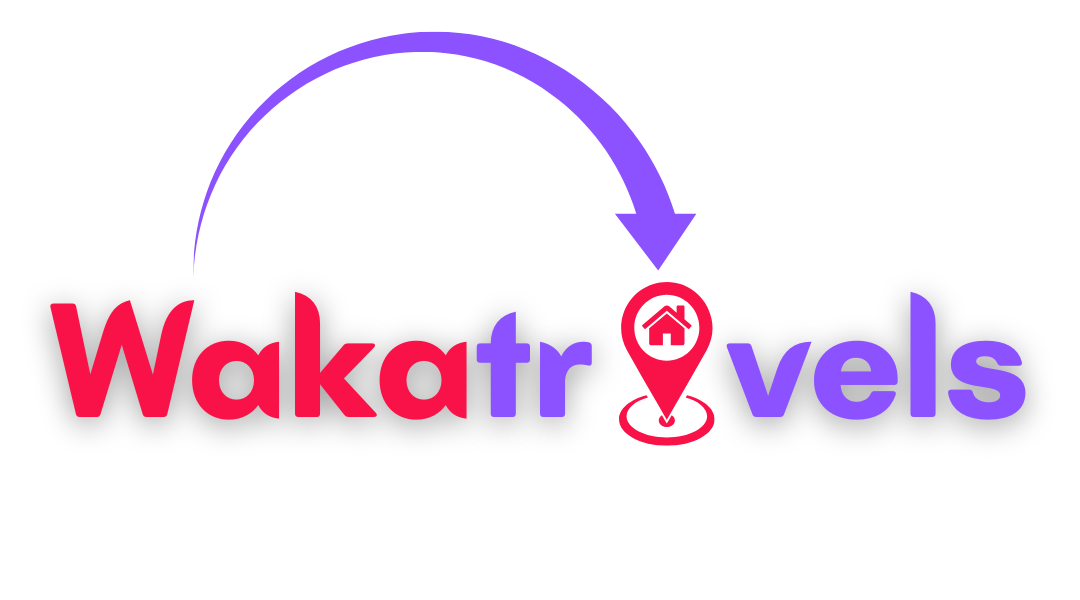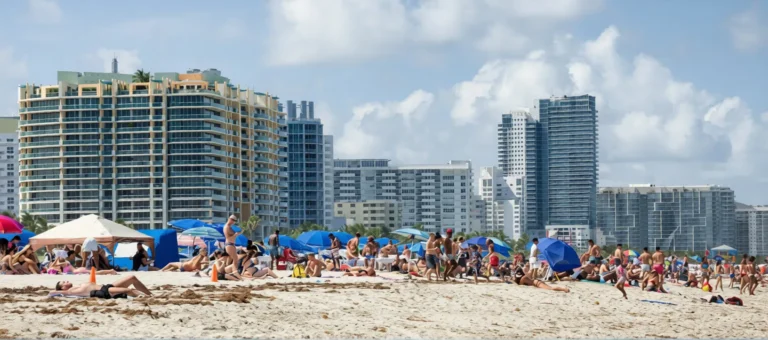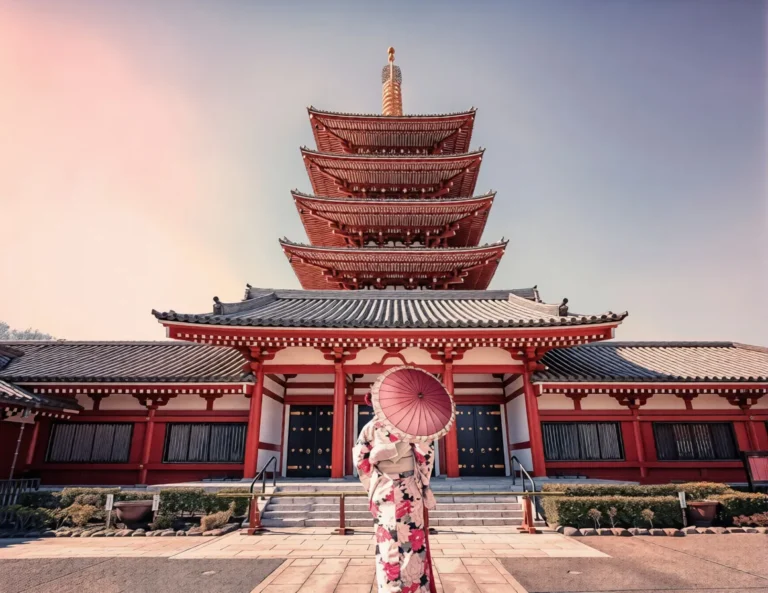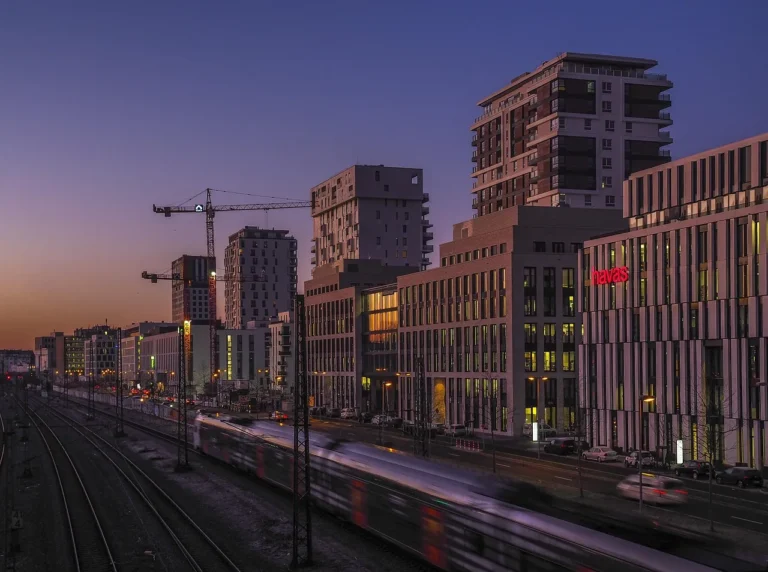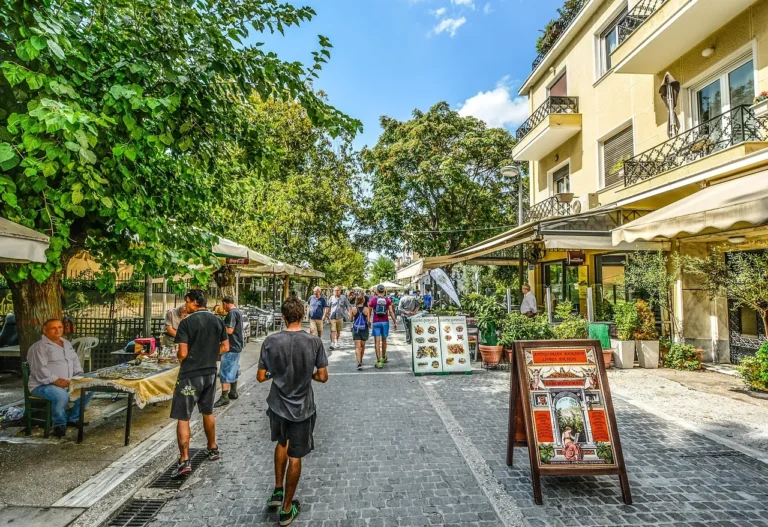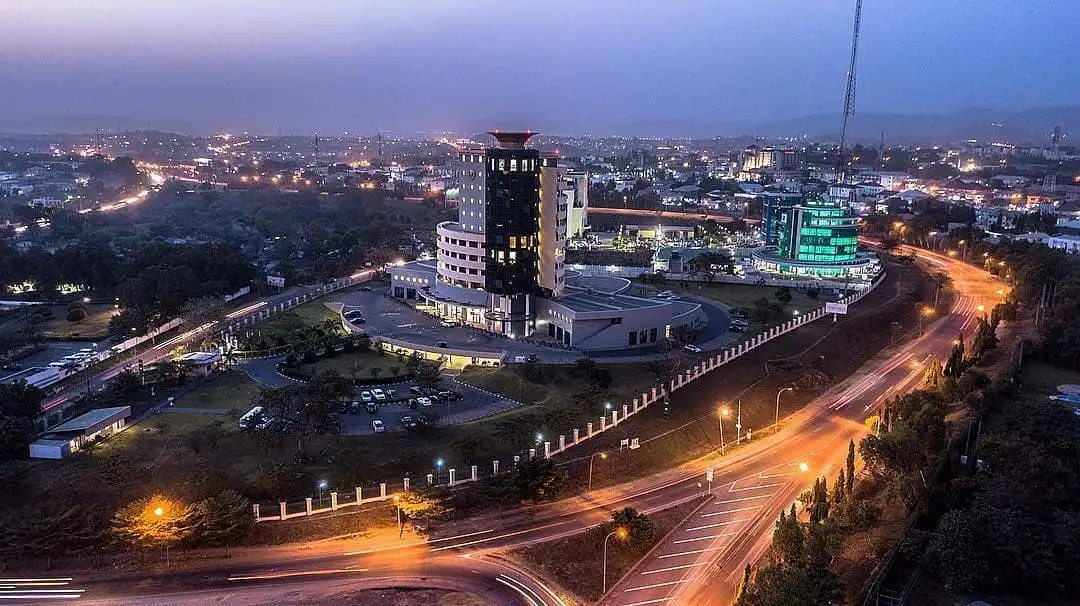
Are you planning a trip to Nigeria’s capital city? Abuja stands as a modern marvel in West Africa, offering visitors a unique blend of contemporary urban design, rich cultural experiences, and natural beauty. As someone who’s explored this fascinating city multiple times, I’m excited to share everything you need to know before booking your tickets.
Unlike many African capitals that evolved organically over centuries, Abuja was purposefully designed and built in the 1980s, resulting in a well-planned city with wide boulevards, impressive government buildings, and plenty of green spaces. This makes it both a comfortable destination for first-time visitors to Africa and an intriguing contrast to Nigeria’s more chaotic commercial hub, Lagos.
Let’s dive into everything you need to know before your Abuja adventure begins!
Getting to Abuja
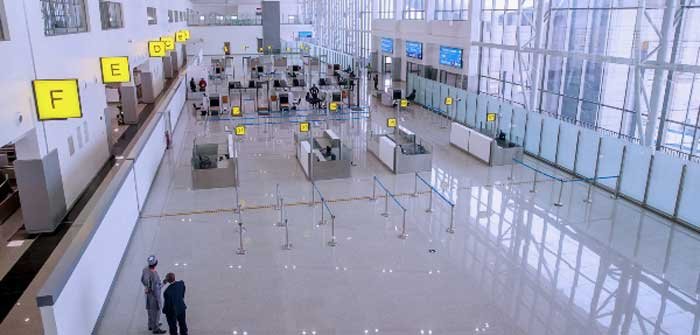
Abuja is served by the Nnamdi Azikiwe International Airport, which connects the city to various international destinations. Most visitors arrive by air, though you can also reach Abuja by road from other Nigerian cities.
When I first landed in Abuja, I was pleasantly surprised by the organized nature of the airport compared to some others I’ve experienced in West Africa. Still, it helps to be prepared.
International Flights to Abuja
Major airlines flying to Abuja include:
- Ethiopian Airlines
- Emirates
- Turkish Airlines
- Egypt Air
- Air France
- Lufthansa
Pro tip: Book your flights well in advance, especially during peak tourist seasons or major business events in the city.
From the Airport to the City
The airport is located about 40 kilometers from the city center. Your options for getting into town include:
- Airport Taxis: Available outside the arrival hall, but be prepared to negotiate the fare before getting in.
- Pre-arranged Hotel Shuttles: Many upscale hotels offer pickup services – worth arranging in advance for peace of mind.
- Ride-Hailing Apps: Yes, Uber and Bolt operate in Abuja! I’ve found these to be the most hassle-free option, with transparent pricing.
Getting Around Abuja
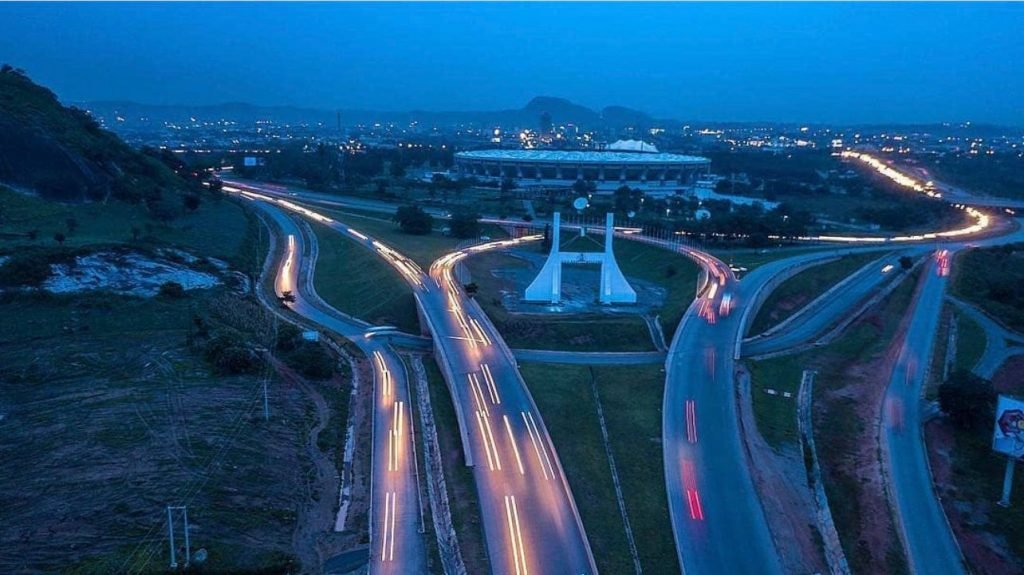
Navigating Abuja is relatively straightforward compared to many African capitals, thanks to its well-planned layout with distinct districts and wide roads. However, understanding your transportation options will significantly enhance your experience.
Ride-Hailing Services
Both Uber and Bolt operate extensively in Abuja, offering a convenient way to get around with air-conditioned cars and predetermined prices. I’ve found these services particularly useful for avoiding fare negotiations.
Taxis
Green-painted taxis are available throughout the city. Always negotiate the fare before starting your journey – drivers typically won’t use meters.
Car Rentals
If you’re staying for an extended period, renting a car with a driver is a practical option. Many hotels can arrange this service for you. I don’t recommend self-driving unless you’re already familiar with Nigerian road culture!
Public Transportation
Abuja’s public transport system consists mainly of buses and shared taxis operating on fixed routes. While affordable, these options can be crowded and confusing for first-time visitors. The Abuja Light Rail, which opened in 2018, connects the city center with the airport, but its network remains limited.
Safety in Abuja
A question I frequently get asked is about safety in Abuja. The city is generally considered one of the safer urban areas in Nigeria, particularly in the central districts where most tourists stay. However, as with any major city, it’s important to take reasonable precautions.
Safety Tips for Visitors
- Avoid displaying expensive jewelry, electronics, or large amounts of cash in public.
- Use ride-hailing apps or hotel-arranged transportation, especially at night.
- Keep photocopies of important documents and store originals in your hotel safe.
- Be cautious when withdrawing money from ATMs – use those located in shopping malls or hotels.
- Stay informed about local conditions and avoid political gatherings or demonstrations.
The central districts, particularly Maitama, Wuse II, and Central Business District, are well-patrolled and generally safe for tourists. Venturing into outer suburbs or traveling at night may require additional caution.
Where to Stay in Abuja

Choosing the right neighborhood for your stay in Abuja can significantly impact your experience. The city is divided into districts, each with its own character and advantages.
Best Neighborhoods for Tourists
- Maitama: Upscale area with luxury hotels, embassies, and high-end restaurants. Ideal for business travelers and those seeking premium accommodations.
- Wuse II: Commercial hub with shopping centers, restaurants, and good mid-range hotels. A convenient central location.
- Central Business District: Home to government buildings and offices, with several good hotels and easy access to major attractions.
- Asokoro: Quiet, residential area with embassies and some boutique hotels. Good for those seeking a calmer atmosphere.
- Garki: Vibrant area with markets, affordable accommodations, and a more local feel.
I personally prefer staying in Wuse II for its central location and access to restaurants and shopping, but Maitama offers a more premium experience if that’s what you’re after.
Must-See Attractions in Abuja
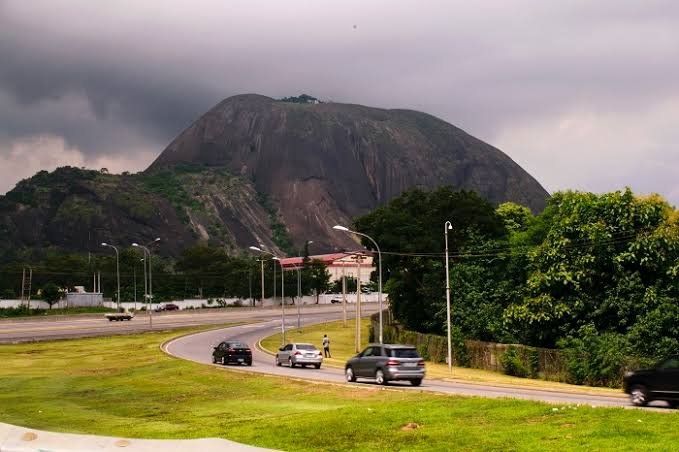
Abuja offers a mix of modern architectural wonders, cultural sites, and natural beauty. Here are the attractions you shouldn’t miss during your visit:
1. Aso Rock
This imposing 400-meter monolith dominates Abuja’s skyline and is the city’s most iconic natural landmark. While the rock itself is not a tourist attraction you can climb, the best views are from the area around the Presidential Complex.
2. Millennium Park
Abuja’s largest public park was designed by renowned architect Manfredi Nicoletti and opened by Queen Elizabeth II in 2003. It’s a perfect spot for a morning jog or afternoon picnic, with beautiful landscapes representing Nigeria’s diverse vegetation zones.
3. National Mosque
With its golden dome and towering minarets, the National Mosque is one of Abuja’s most striking buildings. Non-Muslims can visit outside prayer times but remember to dress modestly and respect religious customs.
4. National Christian Centre
This impressive neo-Gothic church balances the National Mosque in Abuja’s religious landscape. Its striking architecture makes it worth a visit regardless of your faith.
5. Zuma Rock
Located just outside Abuja on the road to Kaduna, this massive 300-meter high monolith is often called the “Gateway to Abuja” and appears on the 100 Naira note. The drive takes about 45 minutes from the city center.
6. Abuja Arts and Crafts Village
This is my favorite place to explore Nigerian creativity and pick up unique souvenirs. Located near the Sheraton Hotel, it’s a maze of stalls selling everything from wood carvings to batik fabrics and beadwork.
7. Jabi Lake Mall
For a taste of modern Nigeria, visit this upscale shopping center overlooking Jabi Lake. It houses international brands, restaurants, a cinema, and opportunities for boat rides on the lake.
8. Nike Art Gallery
Art lovers shouldn’t miss this gallery showcasing contemporary Nigerian art, from paintings to sculptures and textiles. It’s a fantastic place to learn about Nigeria’s vibrant art scene.
9. Thought Pyramid Art Centre
Another excellent art destination featuring both local and international works, with a focus on wooden sculptures and contemporary paintings.
10. Gurara Falls
If you’re willing to take a day trip, these spectacular falls are about an hour’s drive from Abuja. The falls are most impressive during the rainy season (April to October) when the water volume is highest.
Shopping in Abuja
Shopping in Abuja ranges from traditional markets to modern malls, offering everything from handcrafted souvenirs to international luxury brands.
Traditional Markets
- Wuse Market: The largest and most tourist-friendly market in Abuja, with a wide variety of goods from food to clothing and crafts.
- Garki Model Market: A more local experience with fresh produce, fabrics, and household items.
Modern Shopping Centers
- Jabi Lake Mall: The premier shopping destination with international brands, dining options, and entertainment.
- Ceddi Plaza: An upscale shopping center catering to business travelers and affluent visitors.
- Dunes Center: A modern complex with retail stores, restaurants, and services.
- Banex Plaza: Popular for electronics and tech products.
What to Buy
- Nigerian fabrics like Ankara and Adire
- Handcrafted wooden masks and sculptures
- Leather goods
- Beaded jewelry and accessories
- Nigerian music and movies
When shopping in markets, friendly haggling is expected – start by offering about 40-50% of the initial asking price and negotiate from there. I’ve found that a smile and good humor go a long way in getting a fair price!
Cultural Etiquette in Abuja
Understanding local customs and etiquette will enhance your interactions and show respect for Nigerian culture.
Greetings
Nigerians value proper greetings. A handshake is common, often accompanied by a slight bow when greeting elders. Some Muslim men may prefer not to shake hands with women – follow their lead.
Dress Code
Abuja is fairly cosmopolitan, but modest dress is appreciated, especially when visiting religious sites or government buildings. For men, trousers and a shirt are appropriate in most settings. Women should avoid very short skirts or revealing tops, particularly in more conservative areas.
Photography
Always ask permission before photographing people. Photography is restricted around government buildings, military installations, and some bridges – be cautious to avoid any issues with security personnel.
Respect for Elders
Nigerian culture places high value on respecting elders. Using titles like “sir” or “ma” when addressing older people shows proper respect.
Local Cuisine and Where to Eat
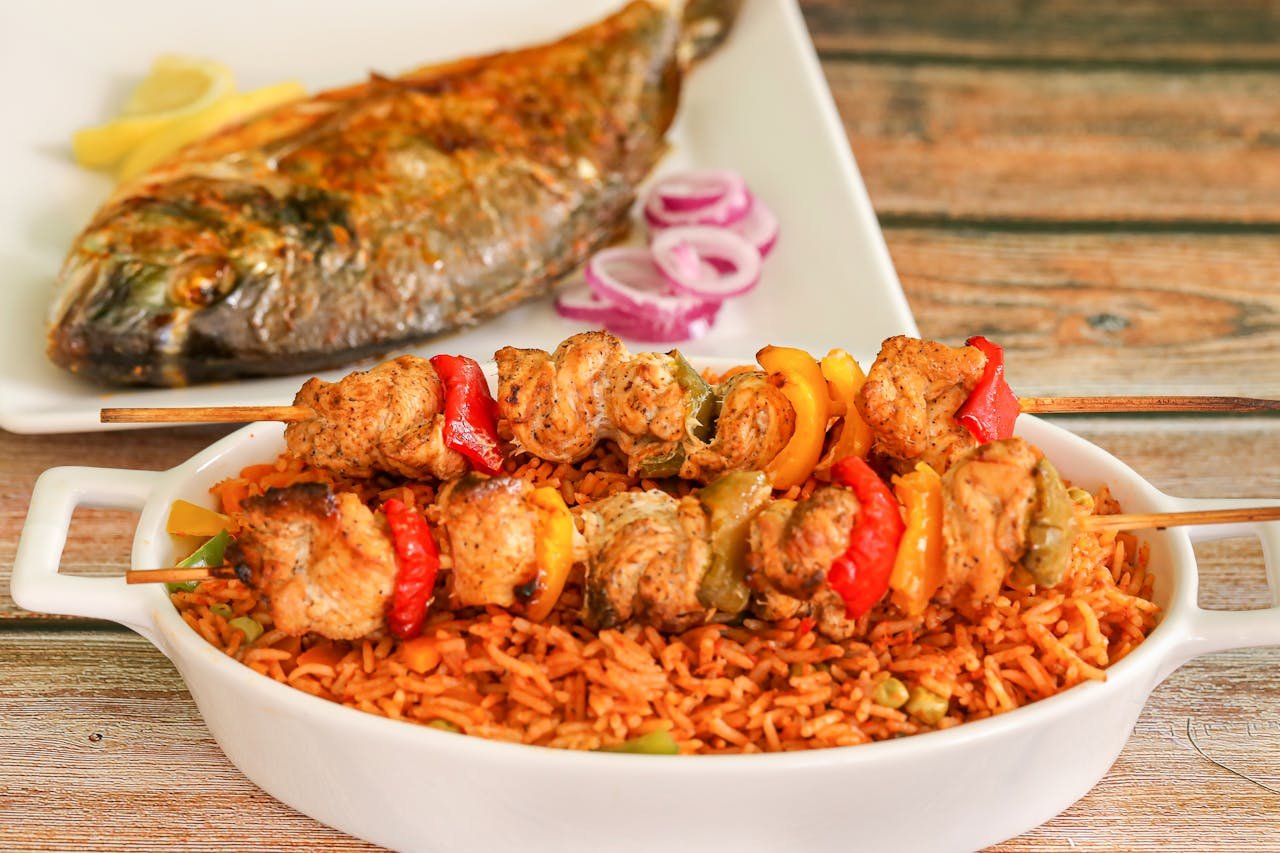
Nigerian cuisine is diverse and flavorful, with each region having its specialties. In Abuja, you’ll find restaurants serving dishes from across Nigeria as well as international options.
Must-Try Nigerian Dishes
- Jollof Rice: A spicy rice dish cooked with tomatoes and peppers – the subject of friendly rivalry between West African nations.
- Suya: Spicy skewered meat (usually beef) coated with ground peanuts and spices.
- Egusi Soup: Made from ground melon seeds and vegetables, typically served with pounded yam or fufu.
- Pepper Soup: A spicy, light soup made with meat or fish and aromatic spices.
- Moi Moi: Steamed bean pudding, often containing boiled eggs or fish.
Recommended Restaurants
- Jevinik Restaurant: Excellent for trying authentic Nigerian dishes in a comfortable setting.
- Wakkis: Popular for Northern Nigerian cuisine and grilled meat.
- Bukka Hut: Casual dining with a range of Nigerian favorites.
- Charcoal Grilled: Great for suya and other grilled meats.
- Nkoyo: Offers both Nigerian and continental dishes in an elegant setting.
International options abound too, from Italian at Ciao to Asian fusion at Spice Route.
Weather and Best Time to Visit
![Insert image of Abuja during dry season]
Abuja has a tropical savanna climate with two main seasons: rainy (April to October) and dry (November to March).
Dry Season (November-March)
This is generally the best time to visit Abuja. The weather is hot but relatively dry, with temperatures ranging from 21°C to 35°C (70°F to 95°F). December to February can be particularly pleasant, though the Harmattan winds sometimes bring dust from the Sahara.
Rainy Season (April-October)
The rainy season brings regular afternoon downpours, with June and July typically seeing the heaviest rainfall. While the rain can disrupt outdoor activities, it also turns the landscape lush and green, and attractions are less crowded.
I personally prefer visiting in November or March when the weather is dry but not too hot, and the city is vibrant with activity.
Day Trips from Abuja

If you have extra time, consider these worthwhile excursions from Abuja:
1. Gurara Falls
About an hour’s drive from Abuja, these waterfalls are particularly spectacular during the rainy season. The site includes picnic areas and walking trails.
2. Usuma Dam
A serene spot for picnics and relaxation, with beautiful views of the reservoir that supplies water to Abuja.
3. Zuma Rock
While visible from parts of Abuja, getting up close to this massive monolith makes for a worthwhile half-day trip.
4. Sukur Cultural Landscape
For the more adventurous traveler with extra time, this UNESCO World Heritage site is located in Adamawa State. It’s a longer journey but offers insights into traditional Nigerian architecture and culture.
Family-Friendly Activities
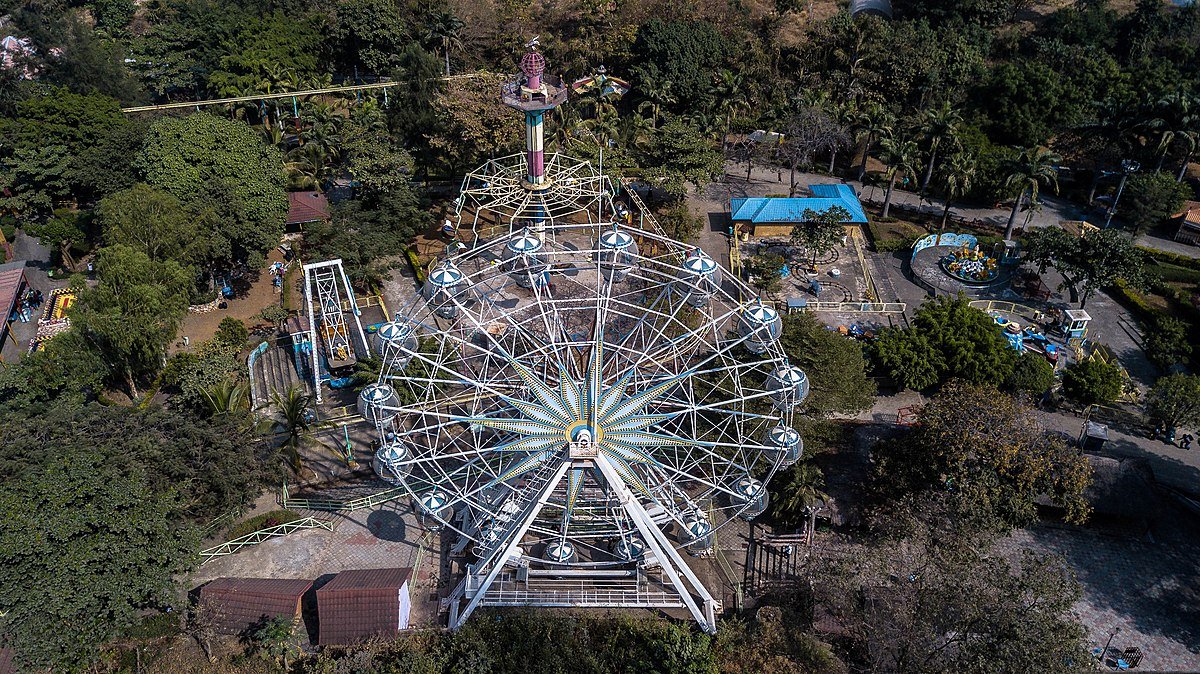
Traveling with family? Abuja offers several activities suitable for children:
1. Magic Land Amusement Park
A fun-filled day out with rides, games, and activities suitable for various age groups.
2. Millennium Park
Wide open spaces for children to run around, plus picnic areas and playgrounds.
3. Jabi Lake
Boat rides on the lake provide a fun adventure for the whole family.
4. IBB Golf and Country Club
If your family enjoys golf or swimming, this club offers day passes for visitors.
5. Tobix Recreational Park and Garden
A relaxing environment with a restaurant that appeals to both adults and children.
Practical Information
Currency
The Nigerian Naira (NGN) is the local currency. ATMs are widely available in Abuja, but it’s advisable to carry some cash, especially when visiting markets or smaller establishments. Many upscale hotels and restaurants accept credit cards.
Language
English is the official language and is widely spoken in Abuja, especially in tourist areas, hotels, and restaurants. However, learning a few basic phrases in Hausa (a common local language) can be appreciated:
- Hello: Sannu
- Thank you: Na gode
- Please: Don Allah
Electricity
Nigeria uses 220-240V, 50Hz electricity with the British-style three-pin socket. Bring an adapter if your devices use a different plug type.
Internet and Communication
Most hotels offer Wi-Fi, though speeds can vary. For mobile connectivity, you can purchase a local SIM card from providers like MTN, Airtel, or Glo at the airport or in the city. You’ll need to provide identification to register the SIM card.
Health Precautions
- Yellow fever vaccination is required for entry into Nigeria.
- Malaria is present in Abuja, so consult your doctor about prophylaxis and bring insect repellent.
- Drink only bottled or purified water.
- Major hotels have access to good medical facilities if needed.
Conclusion
Abuja offers a unique perspective on Nigeria – one where careful urban planning meets the vibrant energy of West African culture. Whether you’re visiting for business or leisure, the city’s blend of modern amenities, cultural attractions, and natural beauty makes for a memorable experience.
From the impressive Aso Rock to the bustling markets and from world-class restaurants to serene parks, Abuja has something to offer every type of traveler. By understanding how to navigate the city, respecting local customs, and knowing where to find the best experiences, you’re now equipped for an amazing journey to Nigeria’s capital.
Have you been to Abuja or are you planning a trip there soon? I’d love to hear about your experiences or answer any questions you might have about this fascinating destination. Drop a comment below or reach out through our contact page!
